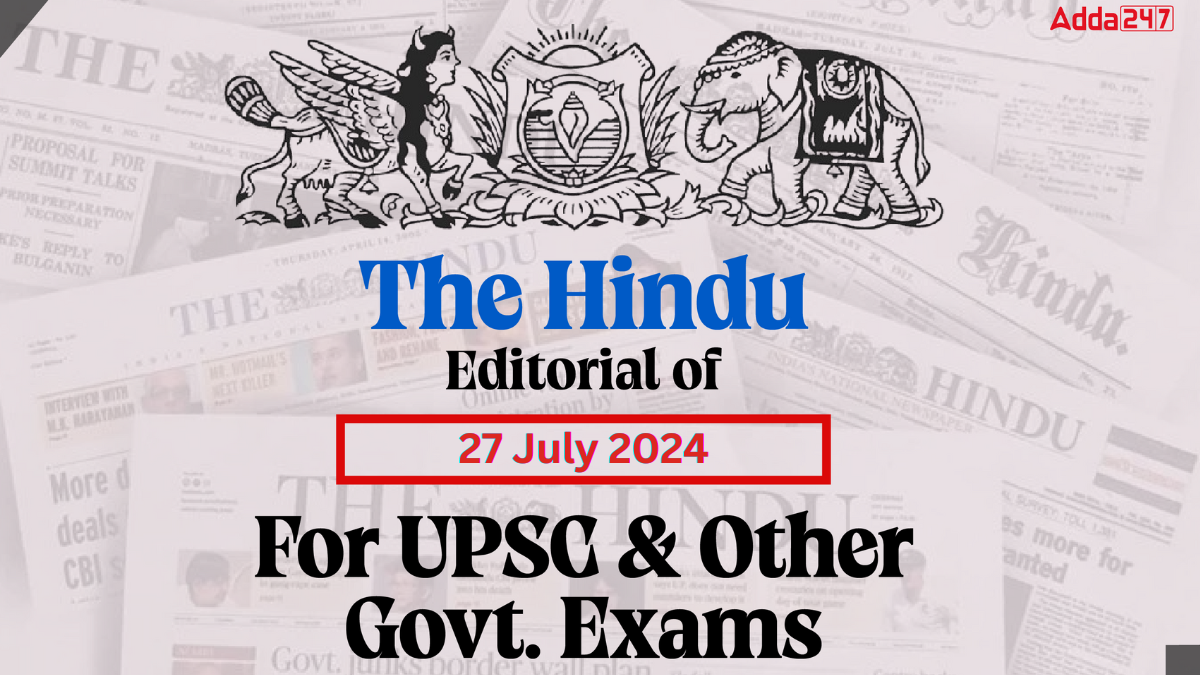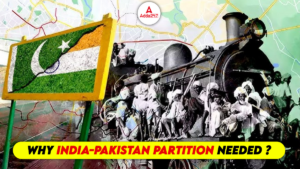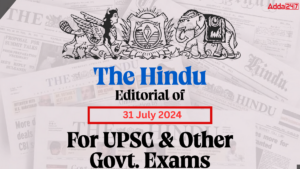Editorial 1: A new push in the Bay of Bengal
India recently hosted the 2nd BIMSTEC (Bay of Bengal Initiative for Multi-Sectoral Technical and Economic Cooperation) Foreign Ministers’ Retreat in New Delhi, marking a significant milestone in regional cooperation. This retreat served as an informal platform to discuss ways to accelerate action in security, connectivity, trade, and investment within the Bay of Bengal region. The retreat, held in preparation for the sixth summit meeting in September, underscores the growing importance of BIMSTEC in fostering regional integration and collaboration.
Strengthening Ties with Eastern Neighbours
Geopolitical and Economic Imperatives: BIMSTEC, comprising five South Asian and two Southeast Asian countries, is crucial for New Delhi’s economic development, security, and foreign policy. Strengthening ties with eastern neighbors, particularly Bangladesh and Myanmar, provides India with strategic access to the sea for its landlocked northeastern region. Improved relations with Myanmar and Thailand also enhance India’s presence in the Indo-Pacific, aligning with its vision of the region’s centrality to ASEAN (Association of South East Asian Nations). This focus was emphasized by Thailand, positioning itself as a bridge between BIMSTEC and ASEAN, reinforcing India’s ‘Neighbourhood First’ outlook, ‘Act East Policy’, and SAGAR (Security And Growth for All in the Region) vision.
Two Parts of the Retreat
- Assessment and Proposals: The retreat was divided into two segments. The first part involved assessing the current state of regional cooperation, building on the outcomes of the 1st Retreat. Key ideas included establishing Centers of Excellence in Agriculture, Disaster Management, and Maritime Transport. India announced support for cancer research, treatment, and issuance of e-visas for patients from all BIMSTEC states. Proposals also emphasized the involvement of the private sector in trade, promoting young entrepreneurs, enhancing connectivity, cyber-security, and countering narcotics and illegal arms trafficking.
- Expectations for the Summit: The second session focused on the expectations of each country for the forthcoming summit. Sri Lanka highlighted the need to map mineral resources and create opportunities for vertical integration in production sectors. Bangladesh emphasized cooperation in the Blue Economy and proposed banning fishing during the breeding season to address depleting catches. Bhutan called for collaboration in tourism and cultural exchanges, while Nepal advocated for leveraging synergies among member states to transform BIMSTEC into a results-oriented regional forum. Thailand underscored cooperation in non-traditional security domains, and Myanmar added the need to combat online scamming. These proposals will be presented at the September summit.
Bilateral Merits
Strategic Meetings: The retreat also provided opportunities for bilateral discussions. Indian Foreign Minister S. Jaishankar met with his counterparts, addressing key concerns. With Myanmar, he discussed the flow of displaced persons, narcotics, and arms across the border and urged the return of unlawfully detained Indians. In his meeting with the Bangladesh Foreign Minister, he ensured the smooth supply of daily essentials and the deployment of a technical team for the Teesta project, signaling progress in resolving long-standing issues.
Conclusion
The 2nd BIMSTEC Foreign Ministers’ Retreat in New Delhi highlighted India’s commitment to regional cooperation and development. This year marks a decade of India’s Act East and Neighbourhood First policies, with BIMSTEC playing a pivotal role in advancing these initiatives. The retreat showcased the collective intent of member states to pursue a bold vision for the region, focusing on security, connectivity, trade, and investment. While the true impact of these proposals will be seen at the forthcoming summit, the retreat has undoubtedly set a positive tone for future collaborations, driven by new energies, resources, and a renewed commitment to regional cooperation.



 Why India-Pakistan Partition Needed?
Why India-Pakistan Partition Needed?
 Today The Hindu Editorial of 1 August 20...
Today The Hindu Editorial of 1 August 20...
 The Hindu Editorial Today 31 July 2024, ...
The Hindu Editorial Today 31 July 2024, ...








